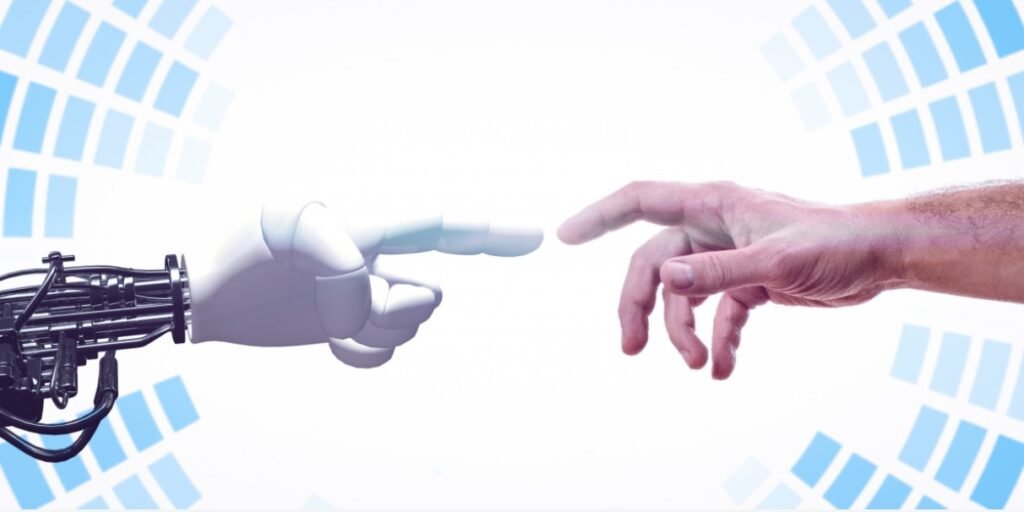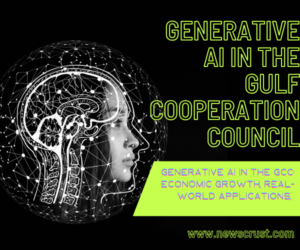
Cognitive Analytics and Agentic AI
Cognitive analytics has emerged as a groundbreaking approach in artificial intelligence (AI), paving the way for systems that analyze vast datasets and apply human-like reasoning to make autonomous decisions. This shift marks the beginning of what many experts call the “age of Agentic AI,” where AI models don’t merely support human tasks but perform them independently.
The Evolution of AI: From Language Processing to Contextual Understanding
When AI first entered the mainstream, it mainly enhanced our ability to analyze data. Systems could organize and retrieve relevant information, performing repetitive tasks faster and more accurately than humans. But AI’s development has progressed rapidly, particularly in areas like natural language processing (NLP) and machine learning, where systems can now generate human-like responses and even contextual understanding.
While language models like ChatGPT can hold realistic conversations, the next frontier of AI is about adding layers of cognitive intelligence to allow AI systems to understand intent and complex human nuances. As Adnan Masood, Chief AI Architect at UST, explains, “We need AI systems that don’t just process data—they need to understand the context, subtleties, and implications behind it.” This ability to interpret intent is essential for applications where AI will act with minimal human supervision.
Agentic AI: Autonomous Decision-Making for Businesses
Agentic AI, which can make autonomous decisions based on real-time data, is a significant step forward. Unlike traditional AI models that require specific instructions, Agentic AI has the capability to reason, plan, and achieve complex objectives. This allows Agentic AI to perform as a valuable independent worker in a business setting.
Imagine a large e-commerce company utilizing Agentic AI to manage its supply chain. Such a system could autonomously adjust order quantities, reroute shipments, and even negotiate with suppliers. When the AI detects a possible stock shortage, it doesn’t simply alert a human manager; it takes action by reordering items, optimizing distribution channels, and securing competitive pricing based on external market factors. This level of autonomy is transformative, allowing businesses to achieve efficiency gains while reducing operational costs.
The Challenges of Black-Box AI in Agentic Models
While Agentic AI offers considerable benefits, it also poses challenges—particularly around transparency. As AI systems make increasingly independent decisions, understanding how they arrived at those decisions becomes complex, a phenomenon known as “black-box AI.”
In regulated industries, like finance or healthcare, where decisions must meet specific standards, this lack of transparency creates difficulties. For example, if an Agentic AI in a hospital adjusts treatment plans autonomously, understanding its decision-making process is essential for compliance and patient safety. As Jeff Lunsford, CEO of Tealium, points out, “As AI systems advance, the line between emergent behaviors and actions we intentionally trained them to do becomes indistinguishable.”
The Rise of Cognitive Analytics in Business Applications
Cognitive analytics is a foundation for Agentic AI, applying machine learning and deep learning to mimic human intelligence. These systems analyze extensive datasets, finding patterns and making predictions that aid complex decision-making. Cognitive AI applications span industries, from predictive maintenance in manufacturing to personalized customer service in retail. These real-world applications emphasize that AI’s role is not just in processing information but interpreting and acting on it to achieve specific goals.
In a customer service context, a cognitive AI could not only answer questions but predict a customer’s needs based on past behavior. For instance, an AI assistant could detect frustration in a customer’s tone and offer proactive solutions, enhancing the overall customer experience.
Preparing for the Future: Building Trustworthy and Ethical AI Systems
With advancements in Agentic AI, the potential for AI-to-AI communication is becoming more tangible. In the future, an AI agent could call a supplier, which might also be an AI, to negotiate terms, placing fully autonomous processes within reach. However, this futuristic AI landscape must also be governed by ethical standards to ensure fair and safe use. The EU’s AI Act, for example, is one of the first legislative steps toward ensuring responsible AI deployment.
Dr. Omri Allouche, Chief Scientist at Gong, reflects on the implications, stating, “The goal is to create systems that can operate independently but within a framework that addresses privacy, fairness, and transparency.” As we navigate this era, these principles will be essential in shaping a future where Agentic AI can thrive in society without compromising ethical standards.
Cognitive and Agentic AI in Our Lives: Where Do We Go from Here?
The rise of cognitive and Agentic AI marks a milestone in how we interact with technology. These AI systems are not only shaping businesses but will likely redefine human-machine relationships. As AI capabilities grow, so will their role in our daily lives, with systems becoming more autonomous and integrated into essential tasks.
Reflecting on this evolution raises intriguing questions for businesses and society alike.
Are we ready for AI systems to make critical decisions on our behalf?
How can we ensure these systems remain transparent and accountable?
And as we integrate Agentic AI into sectors like healthcare, finance, and retail, what role should humans play in overseeing their autonomy?
The future of AI will be shaped by these questions, as we navigate the balance between the convenience and ethical challenges that autonomous technology brings. By preparing for a responsible future with cognitive and Agentic AI, businesses, governments, and individuals can harness the potential of this technology for an era defined by innovation, independence, and responsible AI.





